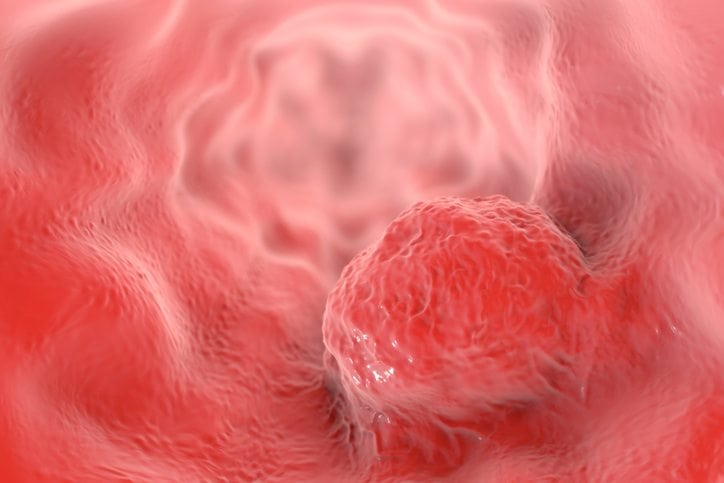<< Back
A New Procedure for Patients with Esophageal Cancer

April 05, 2018
A new procedure for patients with esophageal cancer is offering promising results.
Q. What are some symptoms of esophageal cancer? What causes this type of cancer?
A. Some of the signs and symptoms associated esophageal cancer include difficulty swallowing, weight loss, atypical chest pain such as pressure or burning, and worsening indigestion. Other known symptoms are voice changes or hoarseness as well as coughing. There are 2 main types of esophageal cancer: adenocarcinoma and the squamous cell carcinoma. The risk factors for these two esophageal cancers are the same and include smoking, excessive alcohol consumption, a diet that is poor in fruits and vegetables and other antioxidants, and severe acid reflux disease.
Q. In March 2018, you performed the first robotic procedure in the state using the Da Vinci Robotic System. How does this procedure work?
A. The conduct of the operation is the same as with the standard traditional open approach. The first portion procedure begins in the abdomen with dissection around the esophageal tumor and mobilization of the stomach. Once complete the stomach is converted into a tube or conduit that will become the new esophagus. Next the patient is turned onto his left side and through the right chest two thirds of the esophagus is excised and the tabularized stomach is connected to the short portion of the remaining esophagus.
As with any oncologic surgical procedure many lymph nodes are collected to secure optimal surgical staging of the patient’s cancer. In addition typically a feeding tube is also placed to ensure adequate nutrition postoperatively.
Q. What are the benefits of robotic surgery for patients with esophageal cancer?
A. Instead of the large abdominal and chest incisions used in traditional surgery, the robotic approach employs small incisions, approximately 8 millimeters each, and due to the instrumentation available affords the same level of precision and even improved visualization. The result is that patients have less pain, less blood loss and a rapid recovery to their pre-surgical state.
Q. You will be hosting a community education class in West Hartford about a different topic: lung cancer. What will you be discussing?
A. I am very excited about this event. The focus will be to inform people of risk factors for lung cancer, what screening studies are available for patients and what new minimally invasive techniques we have available to obtain diagnoses and provide definitive therapy. My goal is to demystify lung cancer and inform people about the current offerings available within Hartford HealthCare.